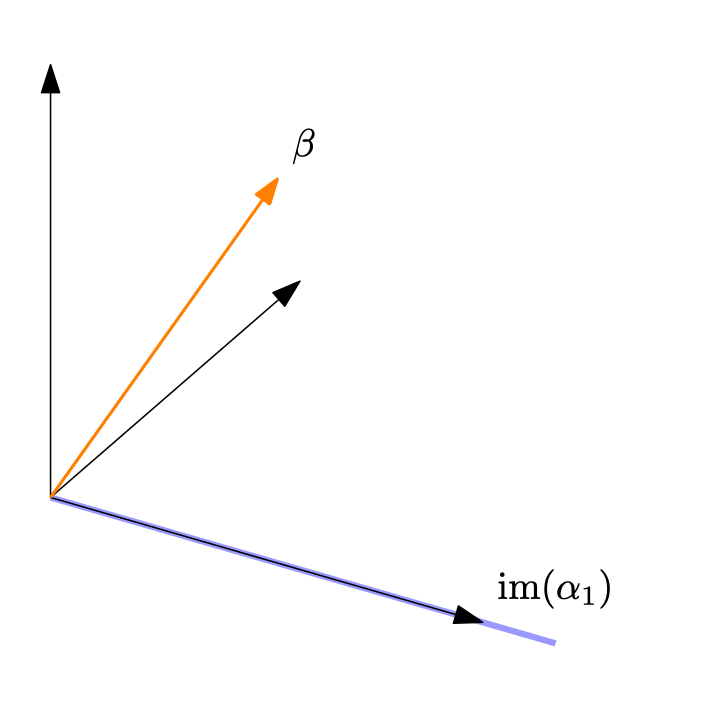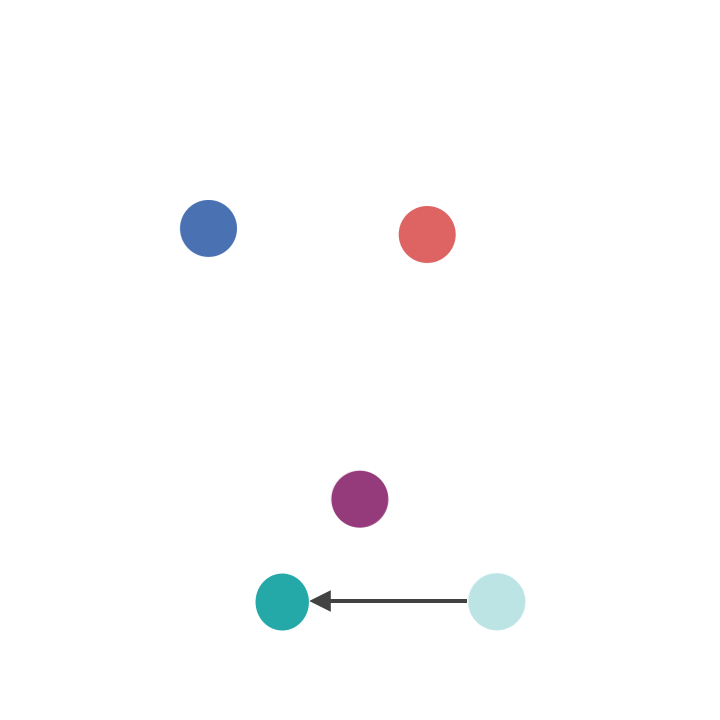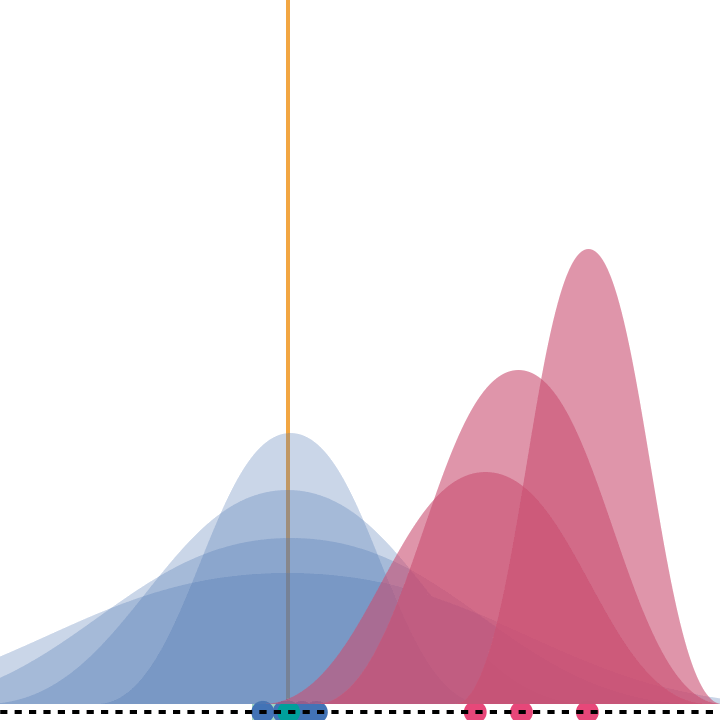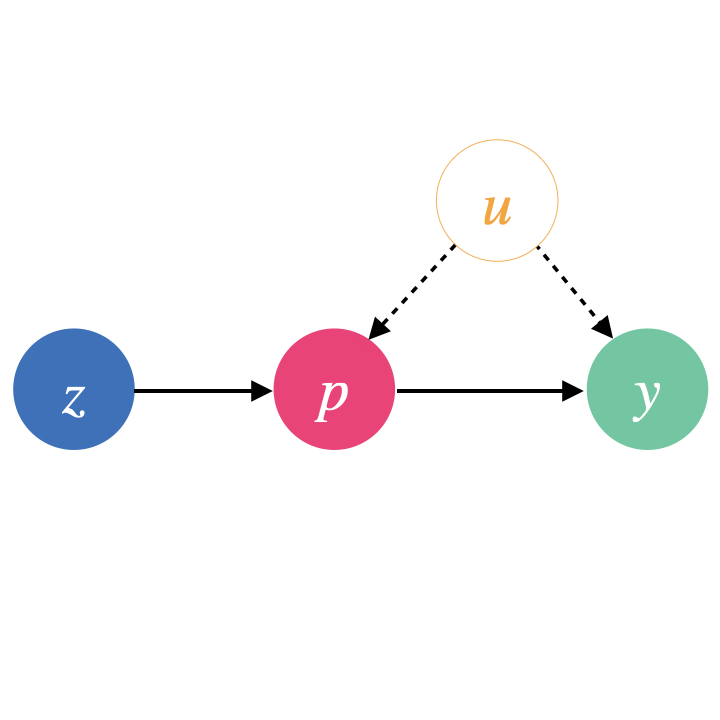Jason Hartford
Dame Kathleen Ollerenshaw Fellow at the University of Manchester (starting October 2024), and Research Unit Lead / Staff Research Scientist at Valence Labs.
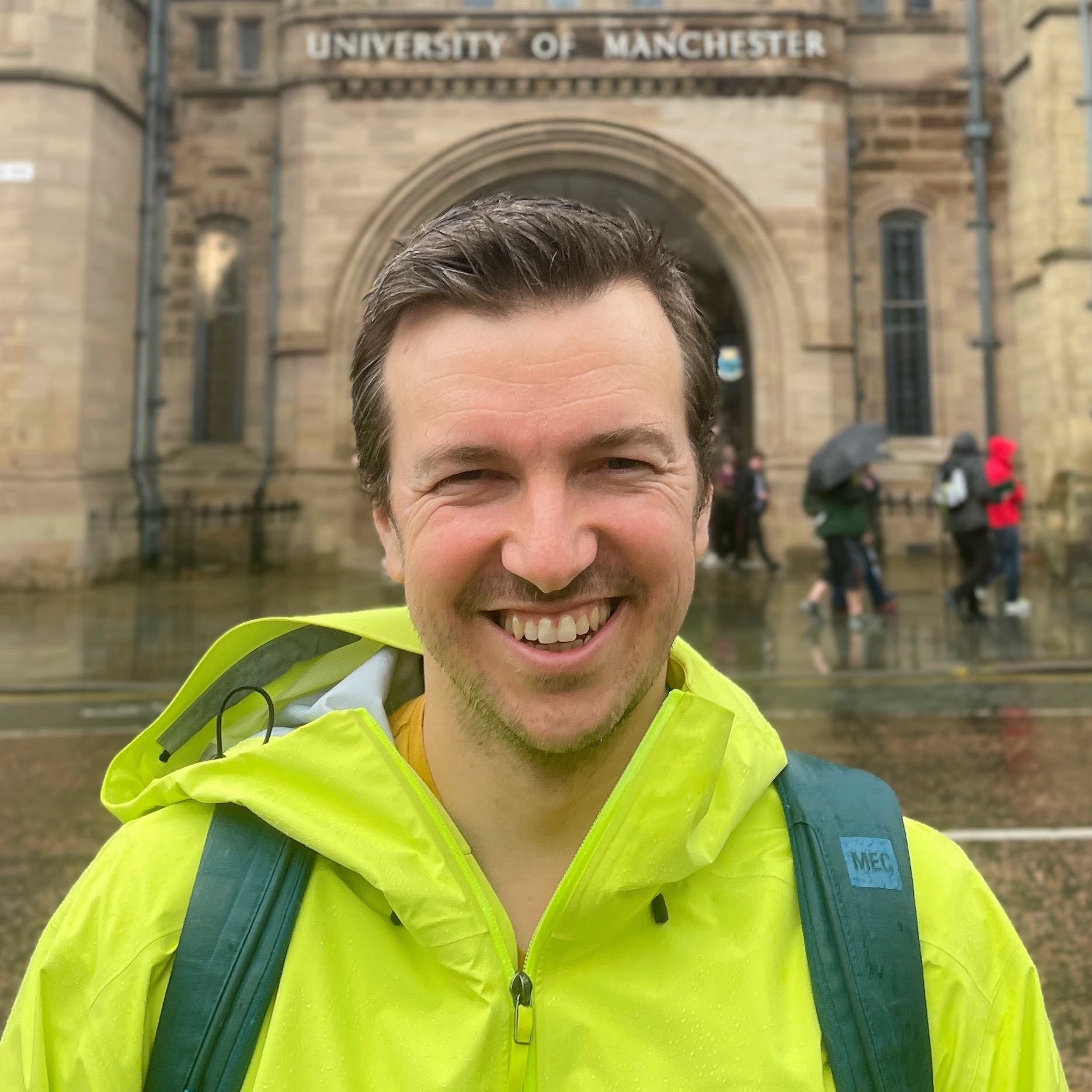
I work on building the tools to enable scientific discovery from complex, high-dimensional data. Most of my current research focuses on developing new techniques for causal representation learning and causal inference, as well as active learning / experimental design. Before starting at Valence and Manchester, I completed a post-doc with Yoshua Bengio at Université de Montréal, and before that, I completed my PhD at the University of British Columbia with Kevin Leyton-Brown.
I am looking for PhD students to work on these problems. Please get in touch if you are interested!
news
| Jan 13, 2026 | I will be giving a talk at the QMUL AIDD Winter School on 13 January 2026. |
|---|---|
| Nov 27, 2025 | I have been invited to speak as an invited speaker at the NeurIPS25 Workshop on ‘Causality for Science’ in San Diego in December 2025. The workshop aims to bridge methodological advances in causal learning with applied science and collaboration with domain experts. |
| Nov 24, 2025 | I gave an invited talk titled ‘Scaling Biological Representation Learning and Experimental Design’ as part of the Maths Life Sciences seminar series at the University of Manchester. I discussed scaling masked-autoencoders on microscopy images, recovering known biological structure from representations, and outline mechanistic interpretability techniques and experimental-design strategies for large models. |
| Oct 9, 2025 | I will present my work on machine learning for causal inference at the Wits Brown Bag Lunch Seminar Series on 9 October 2025. I will give an overview of machine learning perspectives on causal inference and share examples from my recent work on deep learning for nonparametric IV regression and representation learning for unstructured data such as images and text. |
| Apr 28, 2025 | I am giving a remote talk as part of the Singapore AI Tea Talk Series for students from NUS and NTU. |
